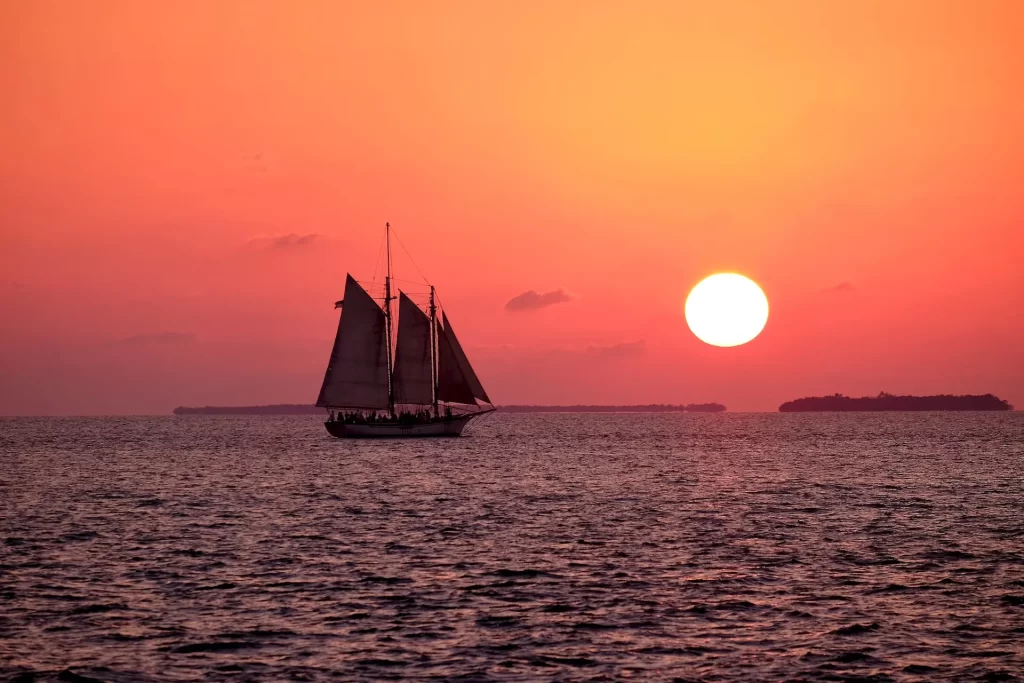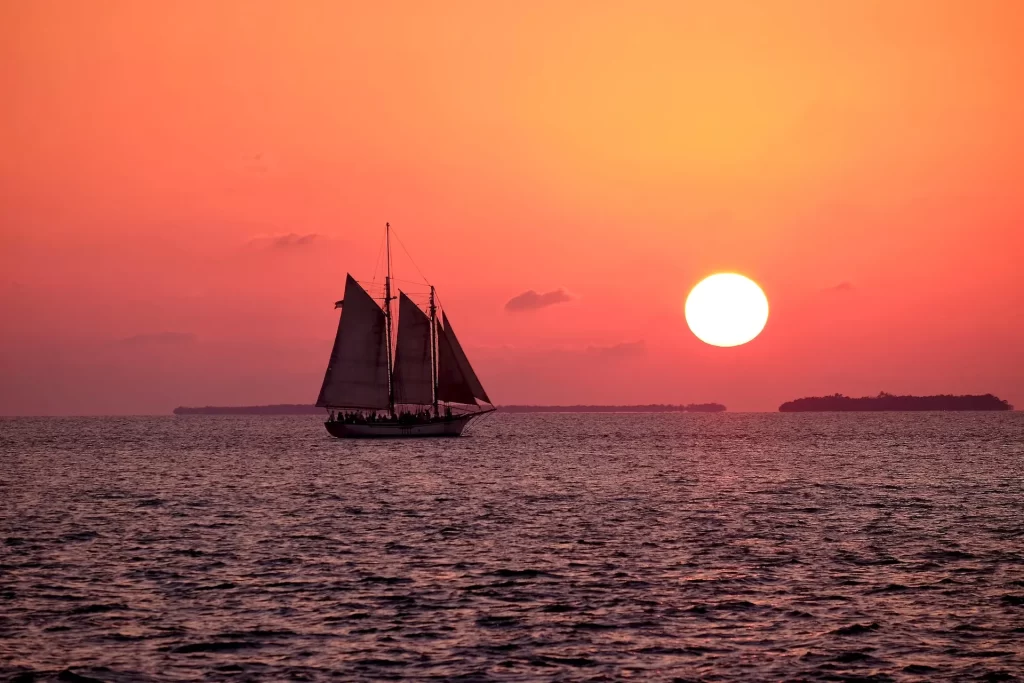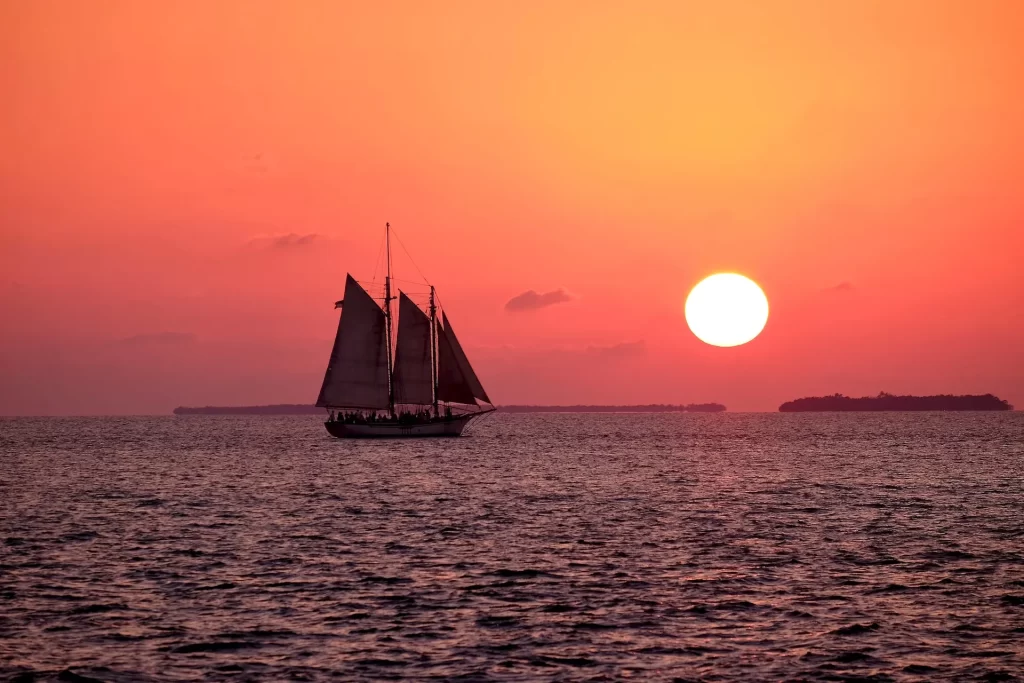Hurricane boats have long been synonymous with family fun, versatility, and durability. These vessels have been providing families and friends with unforgettable memories out on the water for many years. However, as with any product, Hurricane boats are susceptible to challenges that may require attention and maintenance. This blog post will delve into various issues that are commonly associated with Hurricane boats, and provide detailed information to help users understand, prevent, and rectify these problems.
Material and Construction Issues
Fiberglass Hull Cracks and Delamination
One of the most common problems that Hurricane boat owners face is cracking and delamination of the fiberglass hull. This occurs due to multiple factors, including impacts from debris or docks, general wear and tear, and poor maintenance. To rectify such an issue, the damaged area must be inspected thoroughly for any signs of moisture ingress and repaired accordingly using appropriate marine-grade materials like epoxy resin and fiberglass cloth. This will help ensure the hull remains structurally sound and watertight.
Vinyl Upholstery Damage
Hurricane boats often feature vinyl seating and upholstery, which add comfort and aesthetic appeal to the boat. However, over time, these materials are prone to cracking, fading, and tearing, particularly when exposed to extended periods of harsh sunlight and physical stress. To prevent and repair vinyl upholstery damage, boat owners should:
- Store their boat away from direct sunlight and weather elements when not in use or use a boat cover to protect the interior seating.
- Clean and treat vinyl components regularly to ensure they are resistant to UV rays and other potential environmental hazards.
- Repair small tears and cracks using a vinyl repair kit.
- Consider replacing entire sections or reupholstering entire seating areas in cases of extensive damage.
Mechanical and Electrical Concerns
Engine and Fuel System Issues
All Hurricane boats depend on reliable engines and fuel systems for their performance and efficiency. However, problems like fuel contamination, wear and tear of engine components, and clogged filters can prevent engines from running efficiently or even cause them to fail.
To keep the engine and fuel systems in good working order, boat owners should:
- Regularly inspect and replace fuel filters to prevent contaminants from entering the engine.
- Maintain a clean fuel tank and use proper fuel additives to minimize the risk of engine damage due to contaminated fuel.
- Keep up with routine maintenance schedules on engine components, such as oil changes, spark plugs, and belt replacement, in line with the manufacturer’s guidelines.
- Perform regular inspections for signs of engine wear or damage, and address any issues as soon as possible to prevent costly repairs or engine failure.
Electrical System Malfunctions
Hurricane boats rely on complex electrical systems to power essential equipment like navigation systems, lighting, and bilge pumps. Electrical issues can cause these essential systems to malfunction, which can be both inconvenient and dangerous. Typical electrical problems encountered on boats include corroded or loose wiring, battery failure, and issues with circuit breakers or fuses.
To address and prevent electrical issues, boat owners should:
- Inspect all wiring connections and terminals for signs of corrosion or wear, and replace or repair any damaged components as necessary.
- Maintain batteries properly by keeping them clean, charged, and tested regularly.
- Check circuit breakers or fuses for any signs of damage, and replace them if necessary.
- Consider upgrading electrical systems with more robust and corrosion-resistant components if recurrent issues are encountered.
Handling, Performance, and Ride Comfort Issues
Instability and Handling Difficulties
Some Hurricane boat owners may experience instability or difficulty in handling their vessel, particularly in rough sea conditions or at high speeds. This can be attributed to hull design, boat weight distribution, or an incorrectly sized or badly installed engine.
To improve stability and handling performance, boat owners should:
- Properly load and distribute weight on the boat to prevent unevenness and instability.
- Ensure that their engine is appropriately sized for their boat, in line with the manufacturer’s recommendations.
- Seek professional advice on possible modifications to the hull design or boat set-up to improve performance.
- Practice navigating their boat in a variety of conditions to enhance their skills and confidence.
Rough Ride and Poor Seating Comfort
Ride comfort and seating ergonomics can impact the overall enjoyment and safety of a boat trip. Factors that contribute to discomfort on a Hurricane boat include insufficient seating, inadequate cushioning, and a rough ride due to an unsuitable hull design or poor weight distribution.
To enhance ride comfort and overall boating experience, users should:
– Explore upgrading or customizing seating and upholstery for improved ergonomics and cushioning.
– Adjust boat loading and weight distribution to minimize vibration and rough ride in different sea conditions.
– Consider seeking professional advice on any possible hull or boat set-up modifications that could enhance the comfort and performance of the boat.
Conclusion
While Hurricane boats are designed for durability, versatility, and fun, they are not immune to issues that can arise due to material, mechanical, or design challenges. By recognizing these potential problems, boat owners can take proactive steps to maintain and improve their vessel’s performance, safety, and overall enjoyment. Regular inspection, maintenance, and proper use of the boat will ensure that Hurricane boat owners can continue to create unforgettable experiences out on the water for many years to come.
Frequently Asked Questions on Problems with Hurricane Boats
1. Are Hurricane Boats Unsinkable?
While Hurricane boats are not marketed as unsinkable, they are designed with several safety features to make them durable and safe. The brand uses a foam flotation system in its hulls, which makes Hurricane boats less likely to sink in the event of an accident.
2. Who is the Parent Company of Hurricane Boats?
Hurricane boats are manufactured by the parent company Nautic Global Group. Nautic Global Group was a well-known company that filed for bankruptcy in 2016. Their assets were later acquired by Beneteau Group and is now part of the Beneteau brand family.
3. Can a Hurricane Deck Boat Go in the Ocean?
Yes, Hurricane deck boats are designed to be versatile and can be used in various water bodies, including the ocean. However, it is advisable to check weather and sea conditions before taking your boat out to sea.
4. What Do People Do with Their Boats During Hurricanes?
Most people take their boats out of the water, and the ones that cannot be moved are moored securely. Boats that are left in the water during a hurricane are at a significant risk of damage or sinking. It is, therefore, recommended that boat owners remove their boats from the water before the hurricane arrives.
5. How Often Should You Service Your Hurricane Boat?
You should take your Hurricane boat for maintenance at least once a year, depending on usage and environmental conditions. Regular servicing helps detect any leaks, prevent premature wear, and improves your boat’s overall performance and lifespan.
6. What is the Warranty on a Hurricane Boat?
The warranty on Hurricane boats varies depending on the model. Most models come with a limited warranty of five years. It is essential to understand the terms of the warranty and ensure you register your boat with the manufacturer to enjoy it.
7. Can You Finance the Purchase of a Hurricane Boat?
Yes, you can finance the purchase of a Hurricane boat through various financial institutions. Ensure you compare several options to identify the best rates and terms based on your financial circumstances.
8. How Fast Can a Hurricane Boat Go?
The top speed of a Hurricane boat depends on various factors, including the model and engine size. In general, Hurricane boats have a top speed of around 50 mph, although some models can go as fast as 70 mph.
9. What are the Common Problems with Hurricane Boats?
Some of the common problems with Hurricane boats include hull cracks, engine breakdowns, electrical system failures, and steering issues. However, most of these problems are preventable through regular maintenance and proper use.
10. How Long Can a Hurricane Boat Last?
The lifespan of a Hurricane boat depends on several factors like maintenance, usage, and environmental conditions like weather. A well-maintained Hurricane boat can last for 20-30 years, but it also depends on how well you care for it.
- Addressing Common Stik Boat Problems: Expert Solutions and Tips - June 15, 2023
- Sea Hunt Boat Problems: Common Issues & Solutions Explored - June 15, 2023
- Rinker Boat Problems: Top Issues & Solutions for Owners - June 15, 2023








